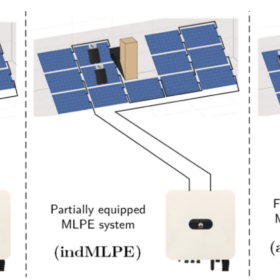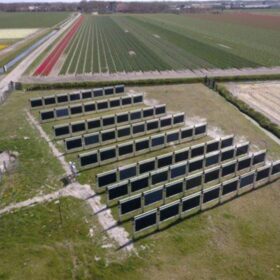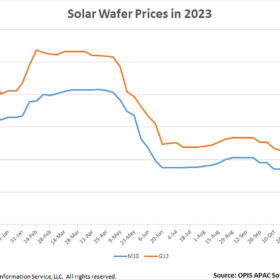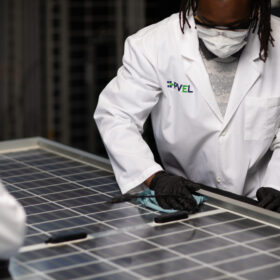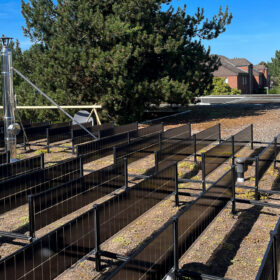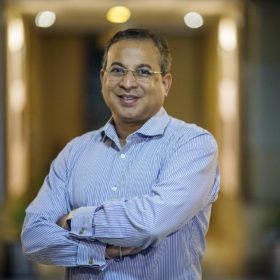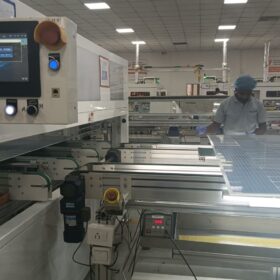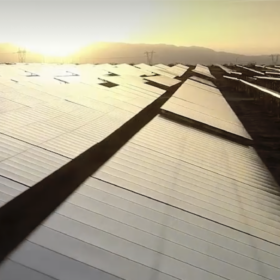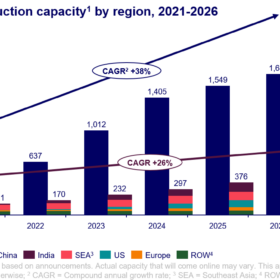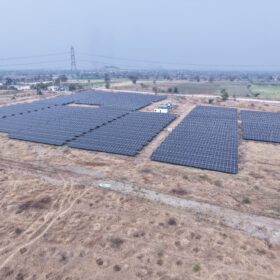Maximizing photovoltaic system performance: Insights on partial shading and power electronics
Optimizing PV systems in partial shading conditions presents a multifaceted challenge, demanding a comprehensive understanding of the interplay between power electronics and PV technology. Shading scenarios exert a significant influence on system performance, with practical insights tailored to various shading conditions, offering guidance for stakeholders in PV planning. Collaborative efforts within the PV industry are directed at enhancing planning tools, seeking to streamline and improve the accuracy of PV system designs, and ultimately contribute to a more sustainable energy future.
Researchers shed light on mysterious, higher energy yields in vertical PV systems
Scientists in the Netherlands have sought to understand the reason for unexpected gains in vertical PV systems and found that these installations have a much higher heat transfer coefficient than their horizontally deployed counterparts.
Solar wafer prices could bottom out soon with new record lows
In a new weekly update for pv magazine, OPIS, a Dow Jones company, provides a quick look at the main price trends in the global PV industry.
PVEL upgrades solar module qualification testing
PV Evolution Labs (PVEL) says it has added new solar module qualification tests and fresh insights to improve intelligent module procurement strategies.
India Ratings maintains stable outlook for solar projects in FY 2024
The significant fall in solar module prices over the last six months is positive for under-construction projects.
Solyco switches on vertical PV systems on green rooftops in Germany
Solyco, a PV system specialist, has deployed a 12.64 kW vertical PV rooftop system made with glass-glass bifacial tunnel oxide passivated contact (TOPCon) modules in Hannover, Germany. It also installed a 10 kW vertical array in Hamburg.
Tata Power posts INR 1,017 crore profit in Q2 FY 2024
Tata Power clocked 16th consecutive quarter of net profit (profit after tax) growth with Q2 FY 2024 profit rising 9% YoY to INR 1,017 crore ($122.18 million).
Waaree Energies to supply 135 MW of solar modules to NTPC
Waaree Energies Ltd has won the contract to supply 135 MW of solar PV modules to NTPC’s PV project in Anta, in the Baran district of Rajasthan.
Major U.S. solar developer announces recycling plans
EDF Renewables North America signs on with Solarcycle to recycle damaged or broken solar panels.
India will overtake Southeast Asia as the second-largest solar module producer by 2025
A Wood Mackenzie report forecasts China will dominate solar manufacturing through 2026, holding more than 80% of poly, wafer, cell and module manufacturing capacity for the next three years.
